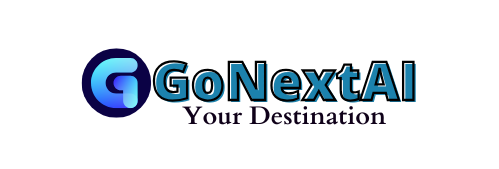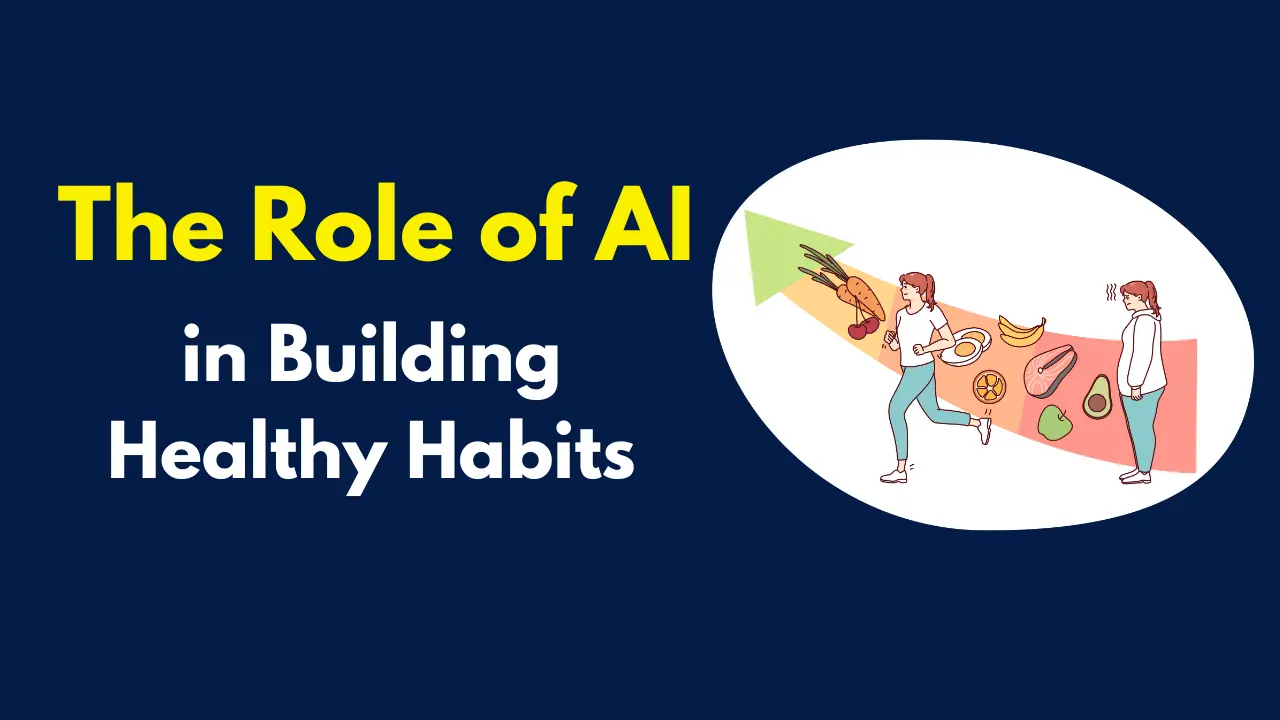The Role of AI in Building Healthy Habits for a Balanced Life
In the modern era, achieving a balanced lifestyle often feels like navigating a maze of conflicting priorities. From work commitments to personal goals, the path to wellness can be overwhelming. Enter Artificial Intelligence (AI), a transformative force reshaping how we approach healthy living. By offering personalized insights, actionable guidance, and consistent motivation, AI is playing an increasingly pivotal role in building and sustaining healthy habits.
Personalization: The Cornerstone of Healthy Habits
One of AI’s most significant contributions to health and wellness lies in its ability to offer tailored recommendations. Traditional health advice often adopts a one-size-fits-all approach, but AI leverages data to provide insights that cater to individual needs.
AI-powered fitness apps, for example, analyze user data—such as age, weight, activity level, and fitness goals—to design personalized workout plans. Apps like MyFitnessPal and Fitbit use machine learning algorithms to track users’ behaviors and suggest improvements based on real-time analytics. Similarly, nutrition-focused platforms like Noom utilize AI to create diet plans that align with personal preferences and health conditions.
By addressing unique requirements, AI ensures that individuals can follow sustainable routines rather than generic programs that may not suit their lifestyles.
The Role of AI in Behavioral Change
Building healthy habits often requires breaking old patterns, which is no small feat. Here, AI acts as a digital coach, offering reminders, encouragement, and progress tracking to help users stay on course. Behavioral change models, such as those integrated into AI applications, employ techniques like gamification to make habit-building engaging and rewarding.
Take the example of meditation and mindfulness apps like Headspace and Calm. These platforms use AI to suggest daily practices based on user engagement and stress levels. Through adaptive algorithms, these apps gradually guide users toward achieving consistent mindfulness routines, ultimately promoting mental well-being.
Moreover, AI-driven wearable devices like Apple Watch and Oura Ring monitor physical activities and sleep patterns. They offer actionable feedback, nudging users to meet their daily fitness and rest goals. Such technologies transform habit formation from a daunting challenge into an achievable and enjoyable process.
Enhancing Accountability Through Data Insights
Accountability is a cornerstone of habit formation, and AI excels in fostering it. With features like real-time tracking and progress reporting, AI tools enable users to visualize their achievements and identify areas for improvement.
For instance, platforms like Strava and Peloton provide a community-driven experience, allowing users to share their progress and compete with peers. The integration of AI in these platforms helps users set realistic milestones while offering predictive insights into their performance trends. This combination of data and social accountability motivates individuals to maintain consistency in their health practices.
AI also integrates with telemedicine services, enabling users to consult healthcare professionals based on their health metrics. This seamless connection between users, their data, and medical experts ensures timely interventions and continuous support, making it easier to sustain long-term habits.
AI in Stress Management and Mental Health
Mental well-being is an essential component of a balanced life, and AI is making strides in this domain as well. With the rise of mental health challenges, AI-powered tools are addressing the need for accessible and effective support systems.
Chatbots like Woebot and Wysa use natural language processing (NLP) to provide cognitive behavioral therapy (CBT) techniques. These AI companions engage users in conversations, helping them navigate stress, anxiety, and depressive thoughts. By offering immediate and confidential support, such tools make mental health care more approachable.
Additionally, AI is being integrated into workplace wellness programs to detect early signs of burnout. Machine learning models analyze factors like employee engagement, workload, and feedback to recommend preventive measures. These interventions not only improve individual well-being but also enhance organizational productivity.
The Ethical Dimensions of AI in Health Habits
While AI holds immense potential, it also raises ethical considerations. Issues such as data privacy, algorithmic bias, and over-reliance on technology require careful attention. Ensuring that AI applications prioritize user confidentiality and transparency is essential for building trust.
Moreover, striking a balance between automation and human agency is crucial. AI should serve as an enabler rather than a replacement for personal effort and professional expertise. Collaborative approaches, where AI complements human guidance, yield the most effective outcomes.
The Future of AI in Healthy Living
As AI continues to evolve, its role in fostering healthy habits will expand. Emerging technologies like generative AI and advanced machine learning models are set to make wellness solutions even more intuitive and adaptive. From virtual fitness trainers to AI-driven nutritionists, the possibilities are vast.
Moreover, the integration of AI with augmented reality (AR) and virtual reality (VR) could revolutionize how we experience health and fitness. Imagine participating in immersive workout sessions or receiving real-time dietary advice through AR glasses. These innovations promise to make healthy living more engaging and accessible than ever before.
The journey to a balanced life is deeply personal, and AI is proving to be an invaluable ally in this endeavor. By offering personalization, accountability, and actionable insights, AI empowers individuals to cultivate habits that enhance their physical, mental, and emotional well-being. However, as we embrace these advancements, it’s essential to navigate the ethical challenges responsibly.
In a world where time and attention are limited, AI simplifies the path to wellness, making it easier for individuals to prioritize their health. As technology continues to advance, the role of AI in building healthy habits will undoubtedly become more profound, transforming aspirations for a balanced life into achievable realities.
Read More Discover 10 powerful AI tools


2 Comments